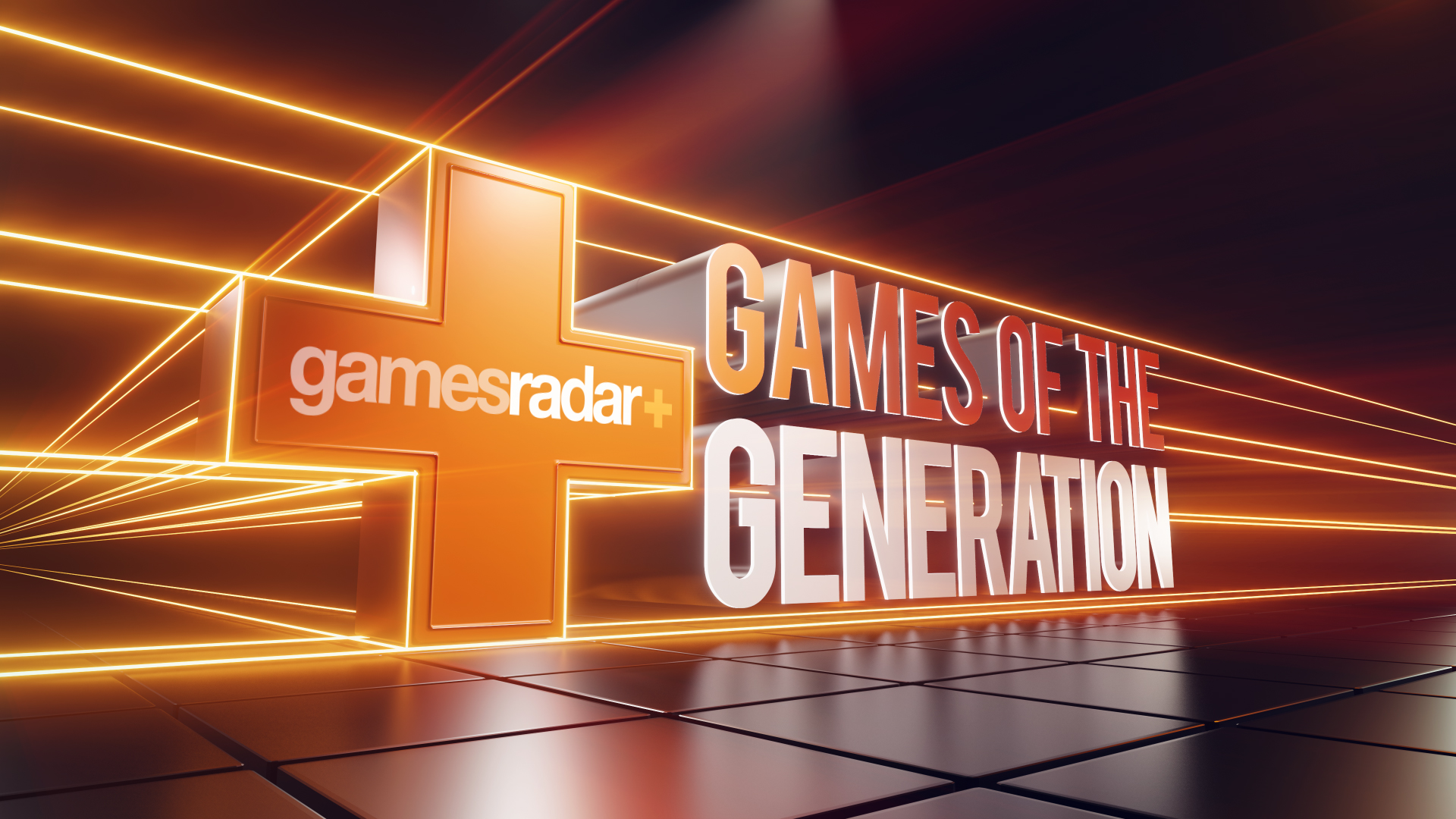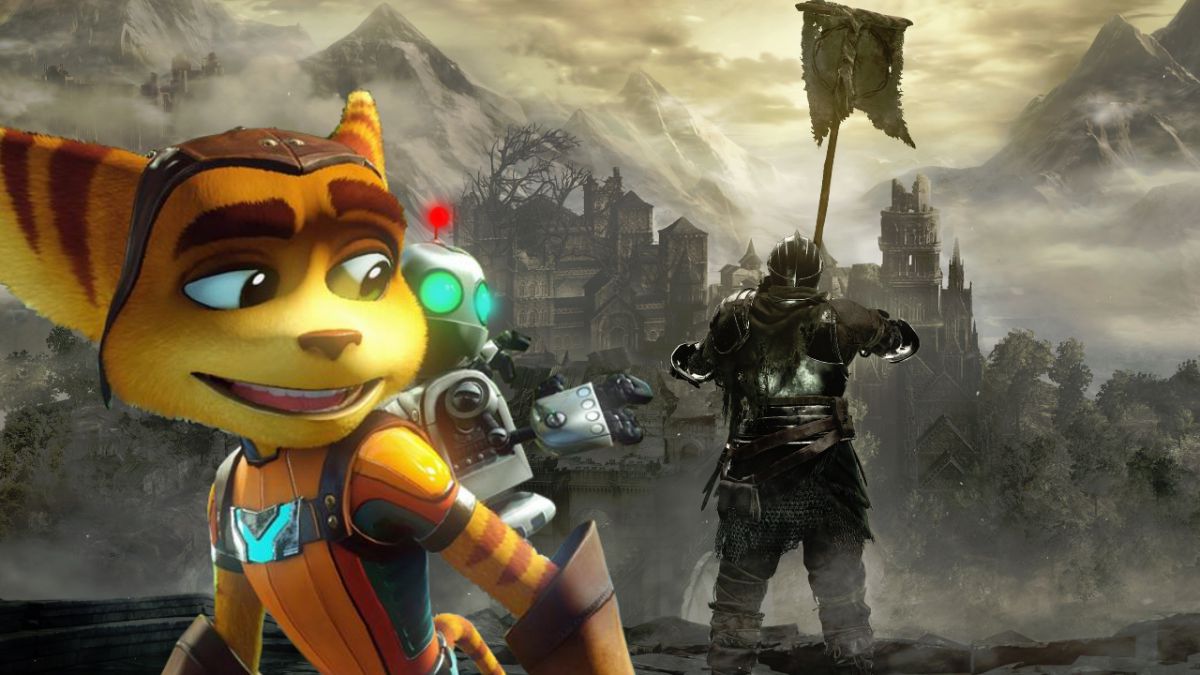

But then its multiplayer brings along the console-friendly Quake we all long-thought impossible. Its vast, 20-hour campaign, typified by incredulous escalation and littered with cleverly themed challenge rooms, is a glorious achievement in itself. Doom knows why the genre was important in the first place, and so it dedicates itself to smashing that into your face and throwing it a parade on a second-by-second basis. Doom knows it has the finest-crafted distillation of FPS values around, and so it sets out to explode, explore, examine and expand those systems in every possible permutation and reinterpretation, to create the greatest celebration (and evolution) of FPS imaginable.

Its immediate, accessible, but immensely layered action is just that damn good. If it was just those things, Doom would still be the number two game on this list. It isn't just a blisteringly kinetic, deeply intelligent, hilariously self-aware cavalcade of strategic slaughter, running on a hot engine of pure, player agency and drenched with lightly steaming adrenaline. Connor Sheridanĭoom isn't just the best pure FPS of the year - or in fact a good many years before this one.

However interested you are in the narrative beats of Emily's quest to restore her rule / Corvo's revenge rampage part deux, the skeleton of metal, steam, and magic underneath is one of the best "mess with people" simulators ever committed to code.
#BEST GAMES OF 2016 GAMES RADAR CRACK#
Then levels like the Clockwork Mansion and A Crack in the Slab introduce brilliant new scenarios that turn all of your trusty old tactics inside out. Abilities and tactics that are useful on their own can be combined for glee-inducing results, whether your experimentation yields new strategies or hilarious Domino-effect mishaps.
#BEST GAMES OF 2016 GAMES RADAR UPGRADE#
By the time you unlock and upgrade a handful of your first Void powers (assuming you didn't decline the Outsider's assistance), the world is your river krust. Play for an hour or two and you'll see how all of the little improvements to the familiar model add up: lob a bottle of cider at a guard's head then leap down and slam her partner's face into the pavement for a brutal, but 100-percent non-lethal, group takedown. Play for a few minutes and you won't notice much difference from the original game, aside from graphics that elevate their stylized figures into nigh-photorealistic grotesques. Dan Dawkinsĭishonored 2 is about taking systematic revenge on a conspiracy of nobles (again), but the real fun is in all the systemic shenanigans you can pull off along the way. The natural, warm dialogue and scenery are sufficient reward for your investment, which feels like a lesson in itself.

Fittingly, Campo Santo's rambling tale blazed a trail for two emerging trends: the rise of III games (the blurring of Indie and AAA games) and by recognising the medium's ageing audience, the late 30s to 40s folk weaned on 8-bit sprites, whose tastes are now more sophisticated. Firewatch is a mature game in the truest sense by subverting your own narrow expertise of How Video Games Work, and by lovingly questioning their value. Life is anything but: complex, unfair, chaotic… and the only ‘win' conditions exist in our mind. Video games are narrow, predictable systems, with achievable win states. At one stage *mild spoilers*, it threatens to become a sci-fi detective mystery… before mundanely dashing your expectations to make a powerful point. Firewatch's grand deception is that it isn't interested in your choices at all: subverting your expectations of the multiple-narrative-path genre pioneered by Telltale's The Walking Dead, almost chiding you for expecting *more* for your myriad, inconsequential, choices. Campo Santo's acclaimed debut explores rambling conversations and winding paths in the Wyoming wilderness, as troubled protagonist Henry adjusts to his solitary life as a fire watch guard, with only mysterious supervisor Delilah for company on a handheld radio.


 0 kommentar(er)
0 kommentar(er)
